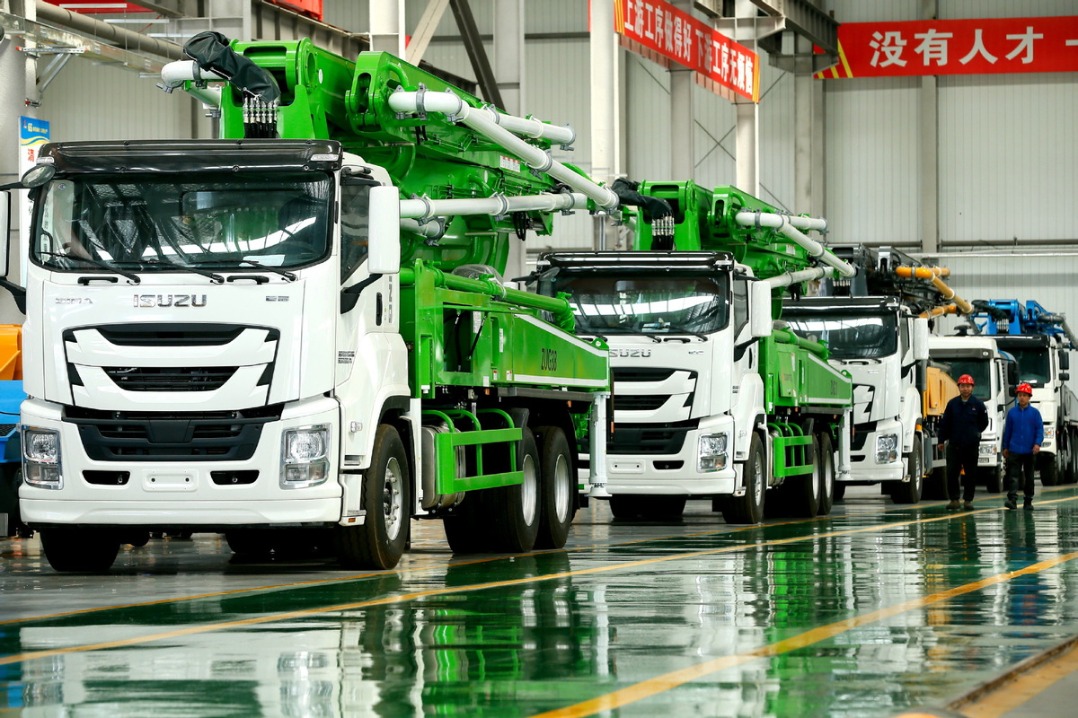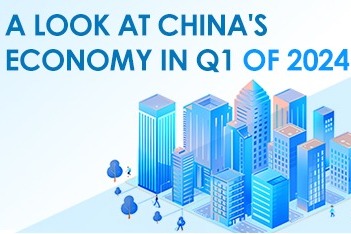Carbon market to curb pollution

Trading system needs to be expanded further with inclusion of more sectors
Eric Heitz, CEO of the Energy Foundation, said China's launch of a carbon market is a milestone that will help tackle pollution and climate change and suggested that in the future, more sectors should be covered in addition to power generation.
The fact that "the largest power producer in the world has a carbon trading system itself is very important," he said.
China formally launched its national carbon market, the biggest carbon-trading market worldwide, in December, setting up a carbon price on the country's largest greenhouse-gas emitters as a policy tool that will encourage enterprises to lower carbon emissions.
The first phase will only cover power generation. However, Heitz said that alone would bring tremendous significance; in a sense, it's like learning to walk before graduating to running.
China's power sector generates more than 60 percent of its electricity from coal and accounts for more than 3.5 gigatons of annual carbon dioxide emissions, almost double the European Union's carbon market and 10 times the size of California's cap-and-trade system.
Heitz said the carbon system will make a big difference in cutting carbon pollution despite only applying to power generation in the first phase, and there is plenty room for future development.
"The launch of China's carbon market three months ago is just the beginning ... when more areas are covered, that can make the carbon market stronger and cover 40-50 percent of China's emissions."
In addition, expanding the carbon market to other sectors will also drive innovation in those sectors, he added.
"China is already the global leader of wind power, solar power, and this policy can boost these sectors to grow even faster."
Chinese policymakers are also keenly studying the performance of other carbon markets, including the ones in California and the European countries, to ensure continuous improvement.
According to Heitz, California has collected about $7 billion in revenues from its carbon market since the program was established in 2013, and all of that revenue has been invested into innovation and clean energy development.
Heitz said China should also draw from Europe's lessons and avoid setting up a cap that is too weak.
"China is good at learning from other countries and we believe lessons from Europe and California will be of value to China," he said.
China started preparing for the national carbon market in 2013, when two provinces and five cities including Beijing and Shanghai launched regional carbon market pilots.
The seven pilots covered more than 3,000 emitters with total annual emissions of 1.4 gigatons of carbon dioxide.




































